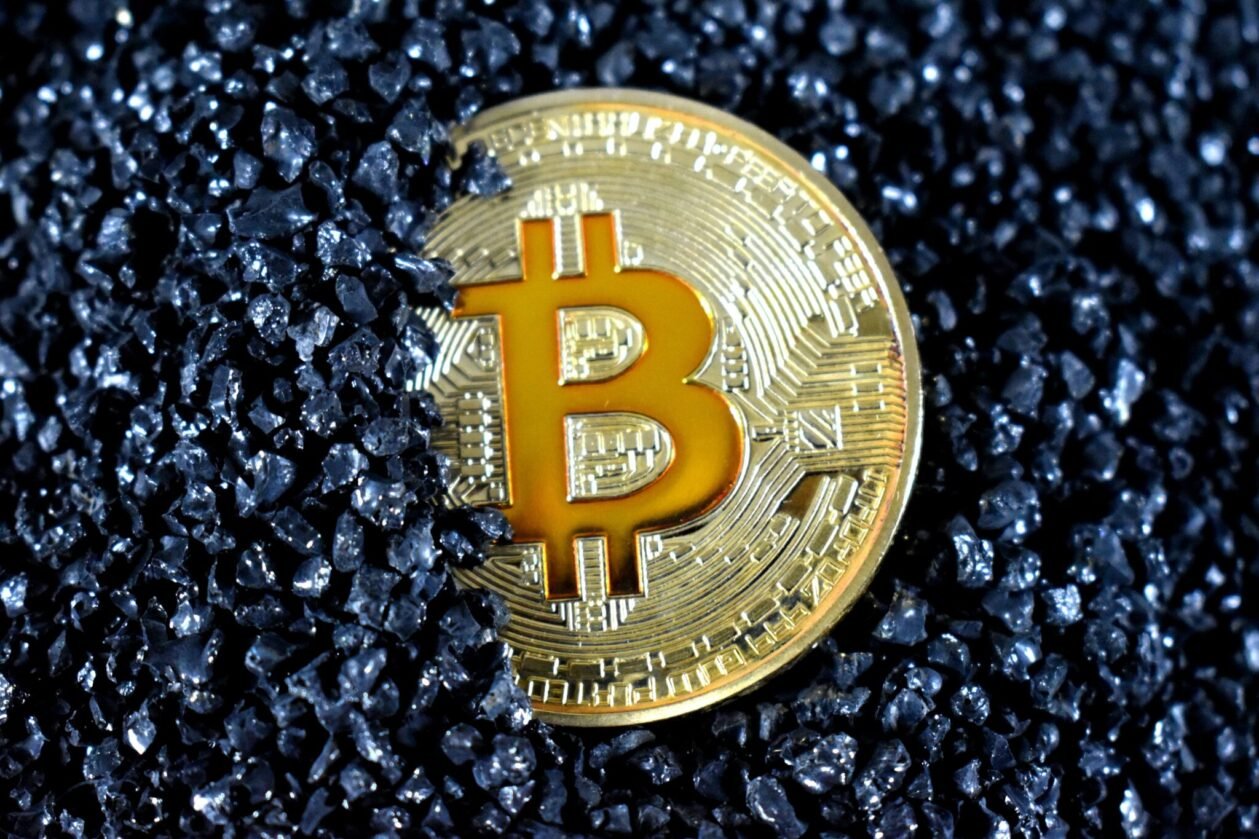The upcoming millionaire class has more in common with degenerate gamblers heading to Foxwoods than Warren Buffett. They hurl their retirement funds into cryptocurrencies with colorful animal icons, mocking financial iconoclasts like Buffett for panic selling Delta stock at the onset of the pandemic. They gather in Telegram chatrooms to trade tips, mobilize support around certain digital assets and talk smack about bears and naysayers.
“If I’m not getting a free Lexus airdropped into my phone multiple times a month, I’m doing something wrong,” one blockchain enthusiast told me last month as we discussed how the decentralized cryptocurrency exchange Uniswap gave all its users 400 free tokens last year to celebrate the release of its new digital coin (UNI, which features a pink unicorn as the icon).

Today, those 400 coins would be worth $12,000.
The virtual world these crypto fiends operate in is called “decentralized finance,” AKA “DeFi.” While Bitcoin has smashed record-high after record-high this past year (its current price hovers at $55,000), low market cap “alt-coins” are where savvy investors currently find the biggest returns. With decentralized payment rails and smart contract services being rapidly built off blockchain ecosystems like Ethereum, a digital gold rush is underway. If Bitcoin was the first iteration of cryptocurrency, then DeFi is the natural evolution.
Many souls have ventured this landscape, beckoned by the siren calls of establishing generational wealth that funds entire governments and military apparatuses, only to be crushed. 2017’s alt-coin bull cycle was driven primarily by retail investors scouring for the next Bitcoin. But the turbulence was too much for many to handle: Ethereum flash crashed from $319 to 10 cents in seconds, and numerous alt-coins were essentially pump-and-dump schemes. Retail investors who bought cryptocurrencies at the top of 2017, panic selling as the market went sideways, became cautionary tales.
DeFi today is still very much the Wild West. The SEC recently opened an investigation into whether Ripple Labs sold unregistered securities via its XRP token. Earlier this month, a hacker attacked the blockchain project PAID Network, causing the PAID token to plummet by more than 80 percent, as the virtual bandit made off with roughly $3 million in Ethereum. Who knows whether the token’s price will recover or if investors will get their initial investments back. But does losing the money even matter to a retailer if another low cap DeFi project rockets off?

Thieves, federal investigations, cyberattacks and a new class of brash capitalists chasing a gold rush: It’s the classic American love story with capitalism, exported on a global level, playing out on Telegram rather than oil fields. Much like the mob built Las Vegas before corporations entered to turn the town into a corporate Disneyland, the earlier cryptocurrency use cases involved money laundering, circumventing sanctions and skirting regulation.
But the outlaw days may be ending as institutions flock to DeFi in droves and lawmakers formalize regulation in the space. The World Economic Forum (WEF) in December published a report titled “Crypto: What Is It Good For?” Rather than focus exclusively on Bitcoin, the WEF (which every year sets the trends for the global economy at Davos) identified key players in the DeFi ecosystem, including decentralized exchanges like Uniswap. The report also revealed that Deutsche Bank had recently opened a digital custody to provide investors “lending, staking and voting” services—popular concepts within DeFi in which cryptocurrency holders can lend out digital assets and earn payments from other holders and exchanges. Lawmakers like Rashida Tlaib, meanwhile, have introduced legislation to regulate stablecoins, cryptocurrencies which hold a constant value. Even chain analysis firms have started conducting surveillance on blockchain to monitor financial transactions.
A lot of money is flowing into DeFi. Uniswap, for example, has amassed a market cap of over $17 billion. JP Morgan Chase said DeFi will pose a threat to traditional financial institutions, while Bank of America last week noted that Ethereum “has more features” than Bitcoin. Cryptocurrency founders currently govern this reality like gods (buying NFTs for $60 million, air dropping millions of dollars in tokens and moving entire markets). But corporations will inevitably rule DeFi with as firm of a fist as Las Vegas. In the interim, the space is a slot machine for gamblers looking for a payout.
The unsophisticated will lose their homes buying Dogecoin at the top. But others will gain financial freedom by being one step ahead of financial institutions.
Davis Richardson is a media strategist who has written for the New York Observer, New York Post, The Daily Beast, Vice, Paradox Politics and WIRED. He owns Bitcoin, Ethereum and several other cryptocurrencies. He is not a financial advisor, and this article does not constitute financial advice. Follow him on Twitter @davisoliverr.







